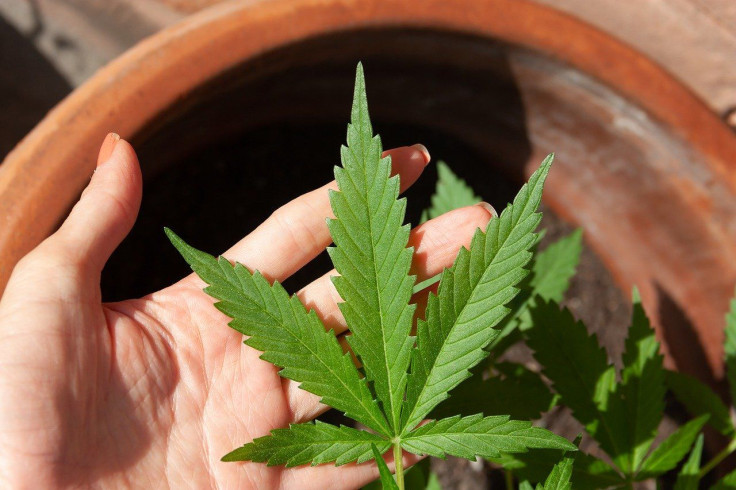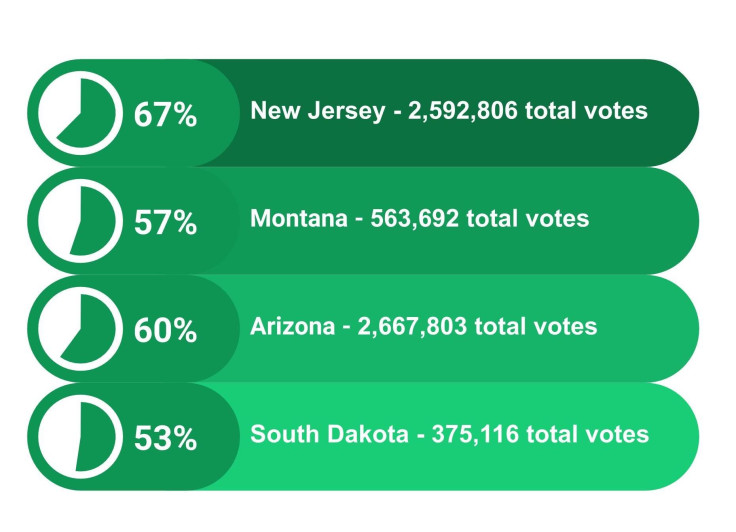Once Vilified, Pot Is Becoming (Gasp!) Mainstream

Sales of legalized marijuana have gone up during the pandemic. A survey taken in March found that 33% of the 2,500 people surveyed said they had tried marijuana, an all-time record. Month over month percentages also were up: 12.8% said they had used cannabis the month before, up from 12.5% the same period in 2019. The once disparate lobbying forces for legalized weed are merging into a voting powerhouse.
On the ballot
In the 2020 election, five states voted on cannabis-related legalization. Recreational marijuana passed in four and medical marijuana is now legal in Mississippi. South Dakota legalized both.

Everyone is in the green party
This year might mark a change in the fight for legal cannabis. Now that New Jersey has voted for legalization, there is talk of Pennsylvanian and New York following suit. Before the pandemic, sales hit record highs. Voters seem to ally with legalization outside of party lines.
According to the Pew Research Center, over 90% of people surveyed in 2019 felt marijuana should be made legal in some capacity. Of those people who supported marijuana, two-thirds supported cannabis for medical and recreational use, and the other third just wanted medical use.
Support isn’t an entirely partisan issue; slightly more than half the Republicans surveyed supported legalization. As for across the aisle, more Democrats -- over three-quarters of those surveyed -- were in favor of legalization. (For insight into the president-elect's views on cannabis, click here.)
A voice
Marijuana supporters interested in voting and who wanted to see how their legislators voted had no problem doing so. HeadCount, a nonprofit dedicated to registering new voters, had on its website an information hub that tracked candidates' voting records on various cannabis-related issues.” Over all, HeadCount registered 1,007,855 voters.
Impact
Marijuana isn’t just a personal issue, it is an economic one. According to the pot trade publication Leafly, the industry supported 243,700 jobs as of January 2020. And the New York Times has reported that the pandemic has been an economic motivator for legalization. The new cannabis industry in New Jersey, for example, which legalized marijuana in the election, is expected to bring in $126 million a year.
Social change
Legalization is spurring momentum for decriminalization and reparations. The Marijuana Policy Project has been working on these issues for years. Politico reported Nov. 9 that the House will vote in December on the MORE Act, which if passed would decriminalize marijuana and erase convictions of non-violent offenders.
This momentum is also found locally. New Jersey United for Marijuana Reform issued this statement in the past week. “We call on New Jersey legislators and the Governor to implement the vision of cannabis legalization that voters have pushed forward – one that begins to repair the harms of marijuana prohibition and creates an accessible and inclusive new cannabis industry.”
Sabrina Emms is a science journalist who has worked as a researcher, looking at the way bones are formed.
Published by Medicaldaily.com



























